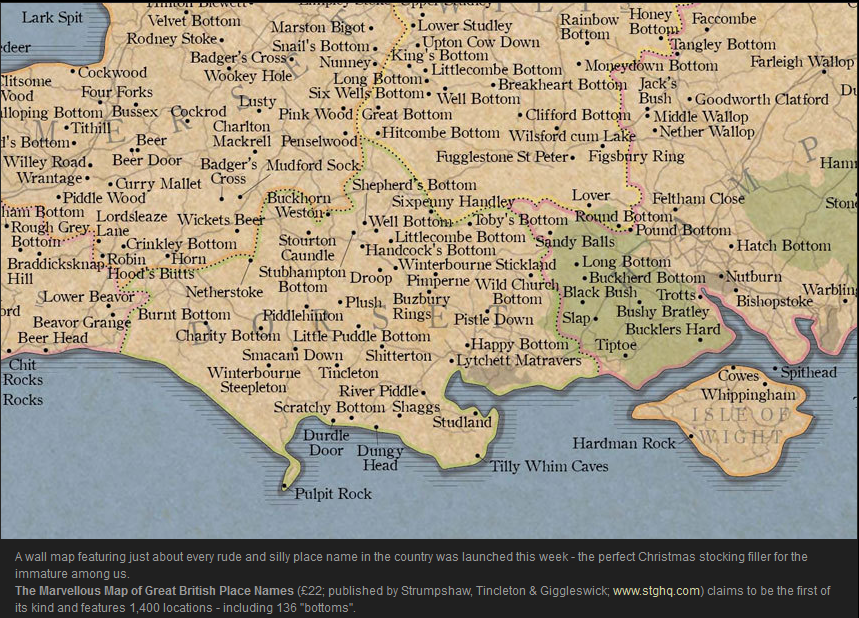At Mother Jones, Kevin Drum looks at some of the reasons Obamacare is not being embraced by the working and middle classes the way many expected:
Here’s an interesting chart that follows up on a post I wrote a few days ago about Democrats and the white working class. Basically, I made the point that Democrats have recently done a lot for the poor but very little for the working and middle classes, and this is one of the reasons that the white working class is increasingly alienated from the Democratic Party.
I got various kinds of pushback on this, but one particular train of criticism suggested that I was overestimating just how targeted Democratic programs were. Sure, they help the poor, but they also help the working class a fair amount, and sometimes even the lower reaches of the middle class. However, while there’s some truth to this for certain programs (unemployment insurance, SSI disability), the numbers I’ve seen in the past don’t really back this up for most social welfare programs.
Obamacare seems like an exception, since its subsidies quite clearly reach upward to families in the working and middle classes. Today, however, Bill Gardner points me to a Brookings paper from a few months ago that suggests just the opposite. The authors calculate net gains and losses from Obamacare, and conclude that nearly all its benefits flow to the poor. If I interpolate their chart a bit, winners are those with household incomes below $25,000 or so, and losers are those with incomes above $25,000.




